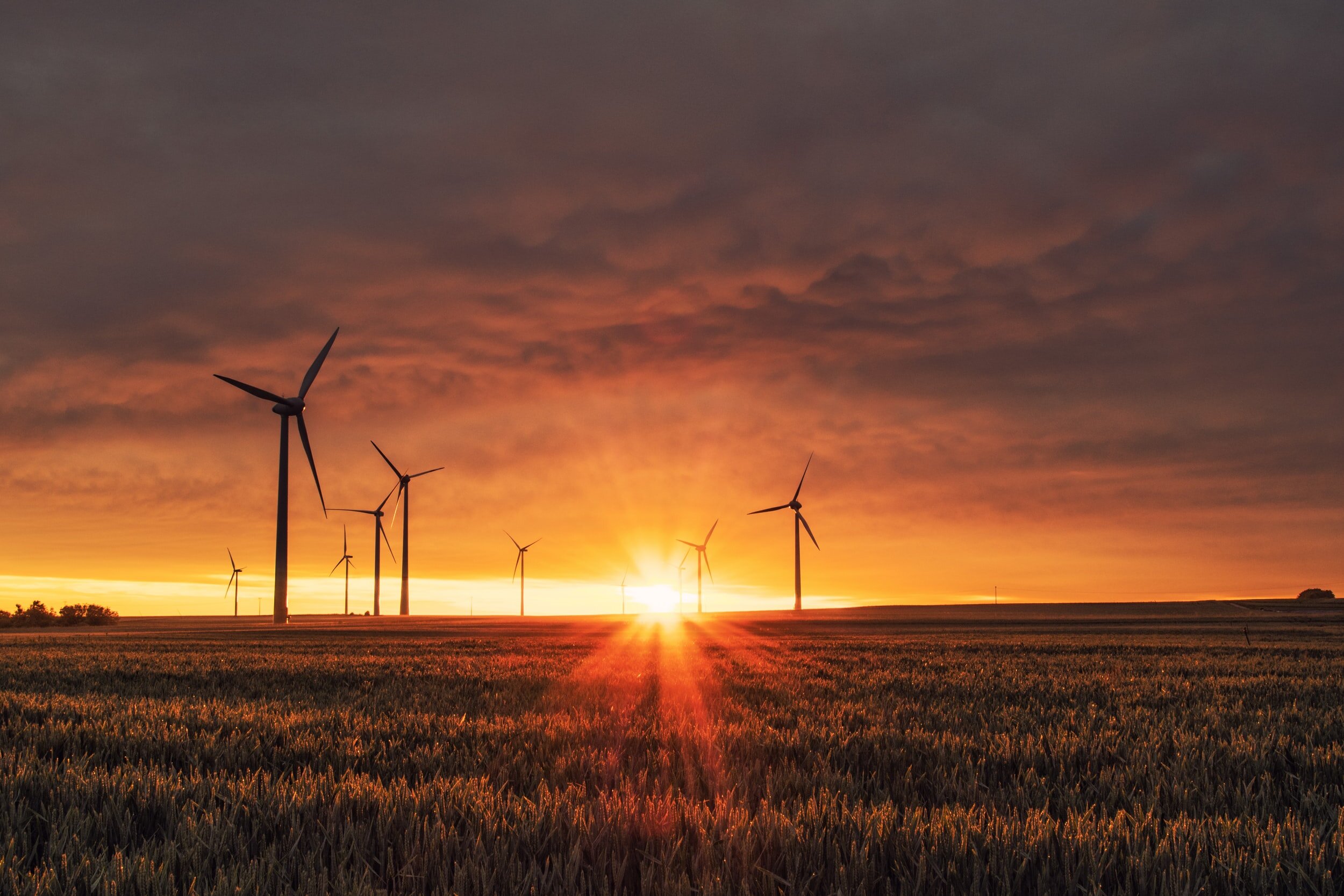
Advocating for a Just Transition
Below is an excerpt from a proposal by the Chabot Climate Action Workgroup (CCAW) to the Student Access, Success and Equity (SASE) committee requesting support to create a strategic plan for a Just Transition to Net Zero. TEA supports campuses to do this kind of work with models, facilitating complex discussions, and institutional navigation.
The Global Council for Science and the Environment has identified community colleges as a crucial institution for mitigating climate change and promoting climate justice. In the Community College Handbook for Sustainability, Krista Hiser argues, “The social equity issues of the climate crisis must be top of mind, always, at community colleges.” This is because communities of color and low-income communities are on the front lines of eco-battles, and are often most impacted by environmental injustices. In response, community colleges are uniquely positioned to promote climate justice because we serve local students who intend to stay and live in their communities. We can support our students to protect their communities by making Chabot a leading community college in taking climate action by achieving a Just Transition to Net Zero.
Just Transition refers to the process of integrating equity and justice as we transition from a fossil fuel economy to one based on renewable energy and healthy ecosystems; a just transition includes the voices and solutions from communities most harmed by environmental degradation and the impacts of climate change.
Contexts related to this goal:
Global: Responding in the most robust and impactful way possible to mitigate this unraveling climate catastrophe is the largest and most urgent task of our time. Collectively, our best chance at implementing meaningful, dramatic responses depends on putting justice at the center of climate action. https://climateclock.world/mobile/index.html#/
President Biden reinstated the US back in the Paris Agreement, which aims to keep warming at 1.5°C. Chabot can support this global agreement by moving to carbon neutrality. The stakes are too high for us not to. Climate change is a pandemic, has been a pandemic, and will continue to be a pandemic unless we achieve carbon neutrality. The burning of fossil fuels kills 8.7 million people each year. That number will only increase if we do not achieve net zero.
Local: The EPA’s Environmental Screen Report ranks Chabot’s service area in the top percentiles in the nation in 11 hazardous Environmental Justice Indicators including but not limited to: Air Toxics Cancer Risk, Respiratory Hazard Index, Hazardous Waste Proximity, Particulate Matter, Traffic Proximity and Volume (see this link for the full report). Achieving carbon neutrality will not only position Chabot College as one of the leading community colleges working to mitigate climate change, it will also lower our ranking in some of the Environmental Justice Indicators, which also align with SASE’s goals.
Campus: While Chabot College has made a broad and deep commitment to equity, it has yet to make any serious commitment to climate action and carbon neutrality. When Chabot College does make this commitment, it will naturally be defined by environmental justice.
Illuminating Just Transition
OxFam’s Confronting Carbon Inequality report indicates that “the richest 10% of the world’s population (c.630 million people) were responsible for 52% of the cumulative carbon emissions – depleting the global carbon budget by nearly a third (31%) in those 25 years alone” while the “poorest 50% (c.3.1 billion people) were responsible for just 7% of cumulative emissions, and used just 4% of the available carbon budget.”
In Climate Justice discussions across the globe, there are a lot of references to Just Transition to carbon neutrality, Just Transition to renewable energy, and Just Transition that doesn’t privilege big global solutions while overlooking local environmental injustices or expertise. The focus on Just Transitions crystallizes the imperative of engaging frontline, vulnerable communities in the fight against climate change. Not doing so will undermine all equity efforts.
The Biden Plan for a Clean Energy Revolution and Environmental Justice promises a just transition by prioritizing resources and renewable energy transformation in frontline, vulnerable communities.

